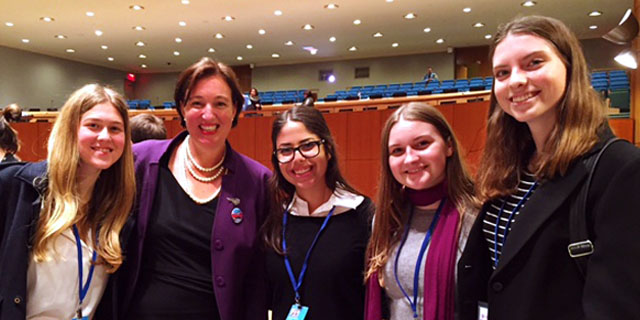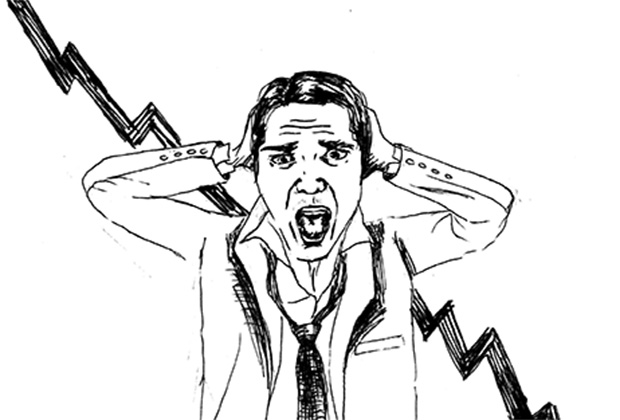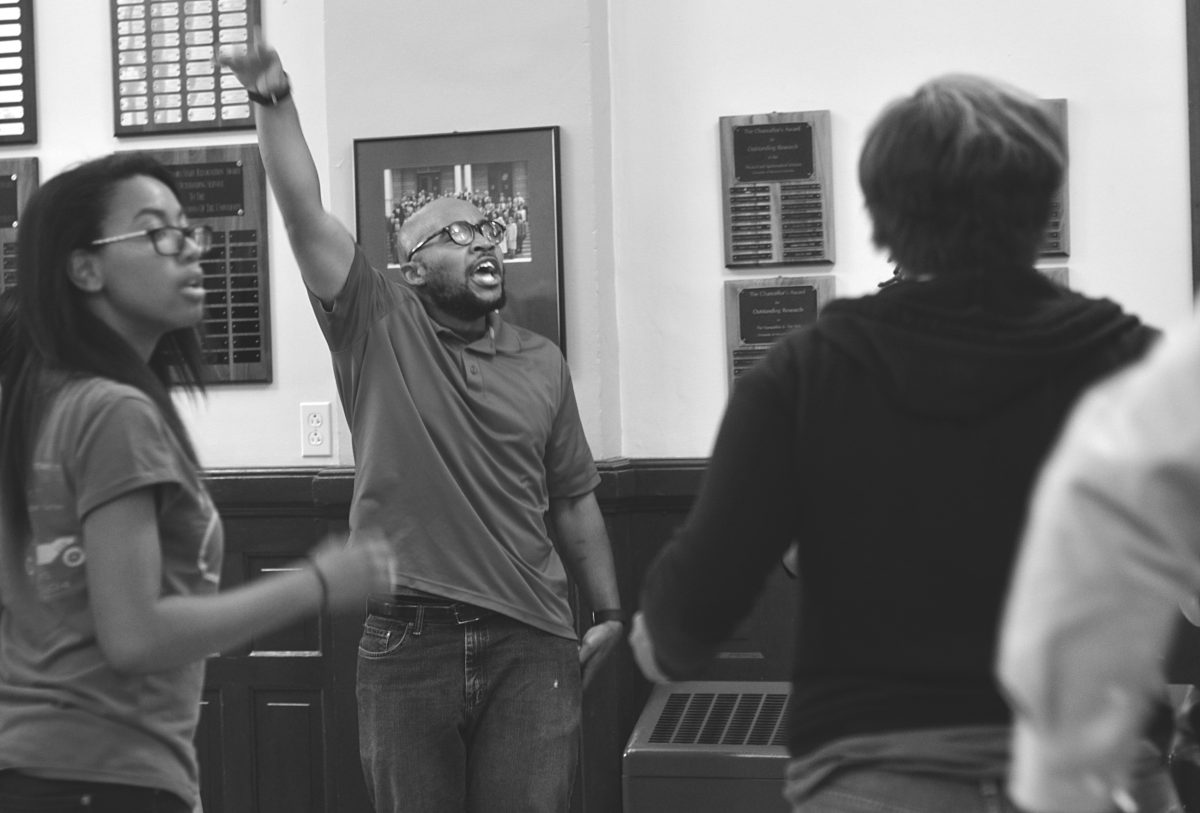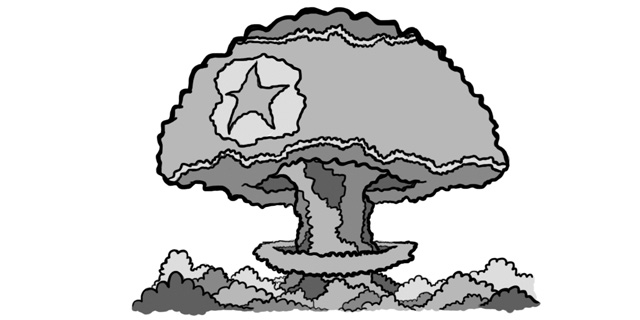
By: Isabel ’14
More than a year after former Egyptian dictator Hosni Mubarak stepped down from power, protesters once again filled Tahrir Square in Cairo, Egypt, on Nov. 30, 2012. Rather than protesting the tyrant who had held power for some thirty years,they were challenging Egypt’s first democratically elected president, Mohamed Morsi. Though Morsi’s election is the direct result of Egyptians’ demands for a freer, more democratic government, his recent attempts to consolidate power have demonstrated alarming similarities to those of Mubarak’s regime, albeit with religious rather than secular motivations.
Even before the election of a new leader, Egypt’s politics showed a growing religious influence that diverged greatly from Mubarak, who said before the May 1984 “election” that he would not allow religious political parties. Mubarak’s chiefly secular regime angered many people in a country that is 90% Muslim, through policies such as his support of Israel. Morsi, however, was supported by the Freedom and Justice Party, established by the Muslim Brotherhood, whose stated goal is to establish Islamic life as chiefly guided by the Koran. Though the Muslim Brotherhood’s politics are centered on Islamic values, they are far from the most conservative group shaping Egypt’s democracy. The al-Nour party, founded after the 2011 revolution, represents an ultra-conservative Islamic ideology, and members believe that sharia, or law based on the Koran, should be the source of all legislation.
Although Morsi claimed to want Egypt’s new constitution to both protect civil rights and be based in sharia law, it soon became clear that he intended to use Islam to tighten his control over the government and the country as a whole. The constitutional assembly he led produced a draft on Sept. 27, 2012 which was immediately criticized for excluding provisions to protect the rights of women and for limiting free speech and freedom of religion.
But the new constitution’s lack of protection for minorities and human rights alone was not enough to spark a new wave of protests. In November, Morsi declared that the assembly drafting the new constitution would be protected from legal interference, rendering both the assembly and Morsi himself immune to any charges of prosecution within Egypt. A new wave of protests and public outcry immediately followed, including a call for a nationwide strike of judges and a walkout by the liberal bloc of Egypt’s elected lawmakers. In response, Morsi brought in the military as protection and the Muslim Brotherhood launched counter-protests, creating chaos which left at least five dead and hundreds injured. Though these numbers are nowhere near the approximately 300 protesters killed two years ago during Mubarak’s ouster, the violence represents a return to the turmoil and political suppression that preceded the Arab Spring.
So is Morsi turning out to be another dictator? Unlike Mubarak, who jailed journalists and political opponents, Morsi has called for an open dialogue with protesters and opposition groups with the stated goal of uniting Egypt’s various factions; however, no concrete actions have resulted from this. In response to the public outcry, Morsi repealed the decree that protected him from prosecution on Dec. 9, although this was too late to redraft the hurriedly passed and decidedly undemocratic constitution. However, at the very least his willingness to withdraw his unjustified power grab demonstrates a responsiveness to public opinion that Mubarak lacked.
But Morsi’s attempts to consolidate power and impose new laws influenced by fundamentalist Islam, which do not guarantee rights for women and religious minorities, could represent a dangerous trend. In countries where regimes have been destabilized or overthrown by the protests of the Arab Spring, groups long suppressed by strict rulers have new opportunities to seize power.
Already the result is evident in Yemen, where Al-Qaeda and a violent Shia group called the Houthis have seized control over large parts of the country, following the removal of President Ali Abdullah Saleh. Additionally, Morsi’s recent policies demonstrate that revolution alone may not incite true change. A democratically elected leader who attempts to make himself unaccountable to the law could prove little different than a dictator.












